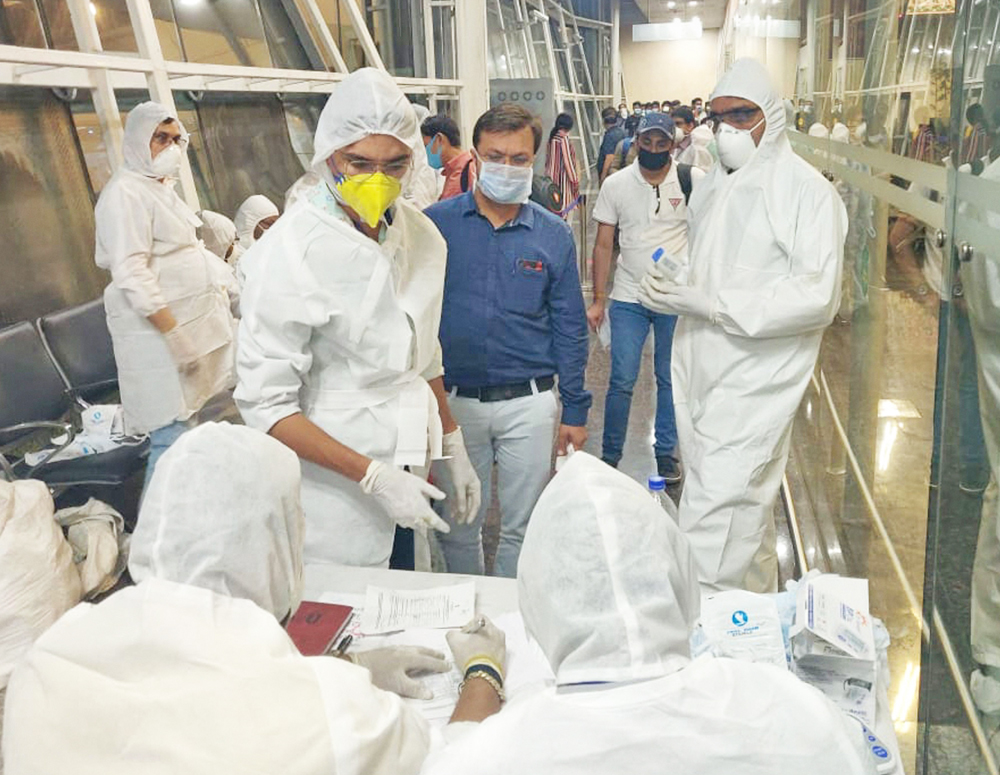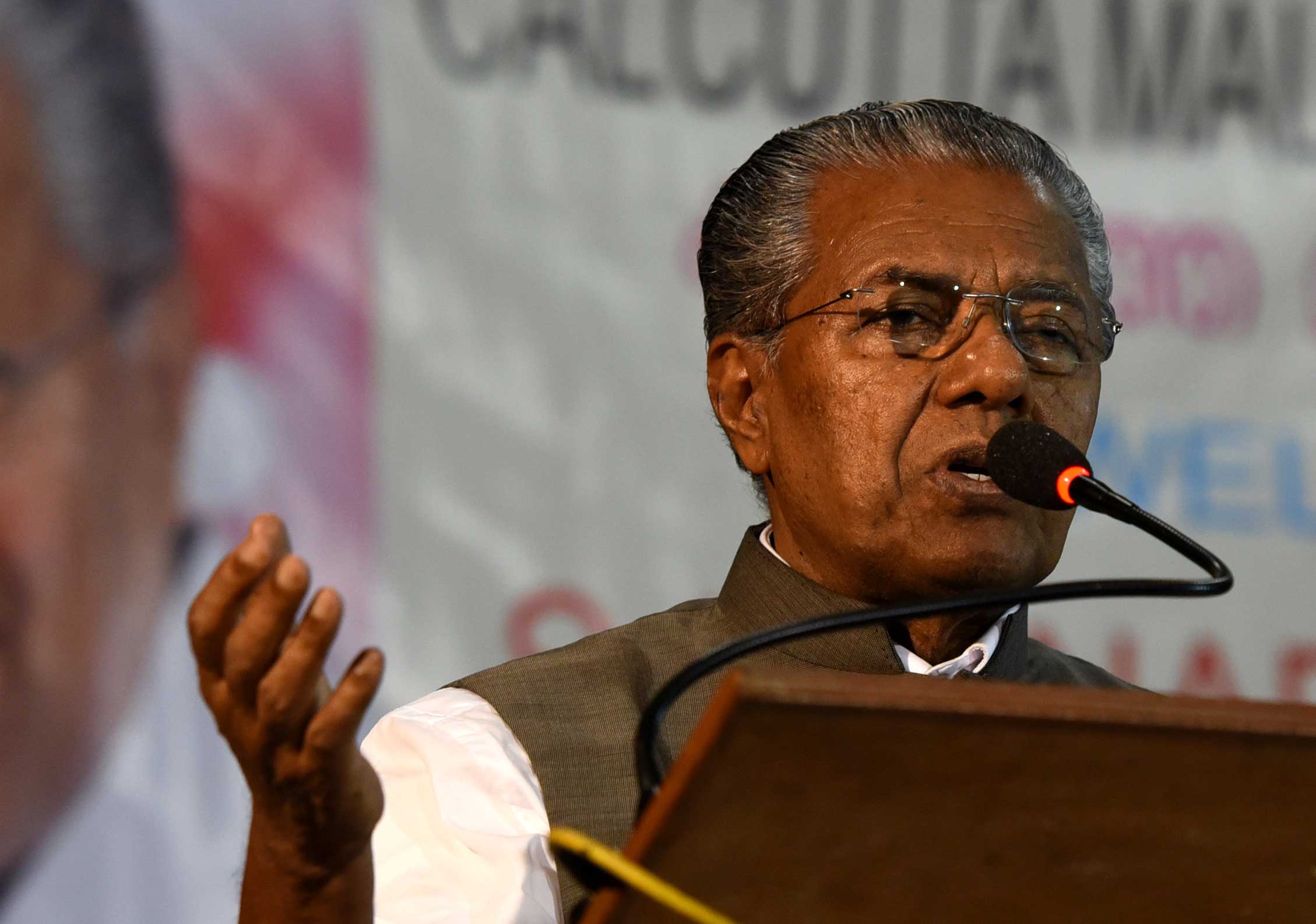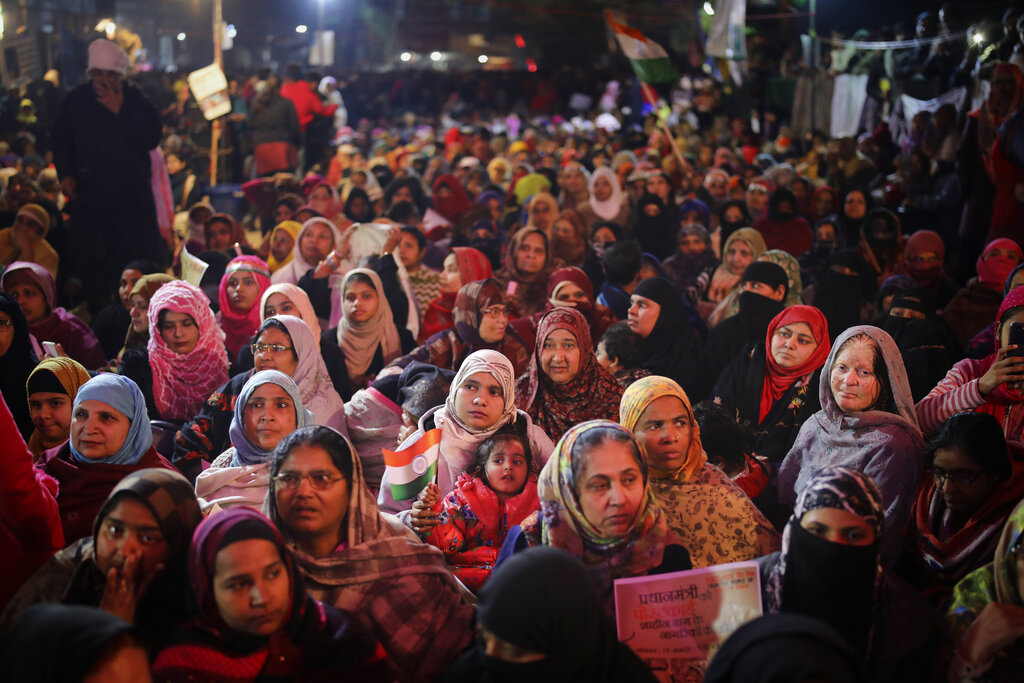Eligible private diagnostic laboratories across India may charge up to Rs 4,500 per sample to test for the novel coronavirus, the Centre has said.
Guidelines released by the health ministry gave a break-up for the stipulated maximum cost of Rs 4,500 — Rs 1,500 for the screening tests on suspect cases and an additional Rs 3,000 for confirmatory tests.
The announcement came amid expectations of a rise in the demand after testing criteria were expanded.
The Centre also capped retail prices of hand sanitisers and masks — 3ply surgical masks at Rs 10 per piece, 2ply masks at Rs 8 per piece, and hand sanitisers at Rs 100 per 200ml bottle.
The health ministry had, under guidance from the Indian Council of Medical Research, on Friday expanded the testing criteria to offer tests to all hospitalised patients with pneumonia or severe acute respiratory illness.
The test is currently free for patients and is done at around 100 government laboratories in the country. But multiple private labs have urged the government to allow them to offer tests amid a steady rise in the number of India’s coronavirus patients, which reached 315 on Saturday.
This figure includes the 23 patients who have recovered and the 4 who have died. Disease surveillance units across India are tracking the health of more than 6,700 contacts of the positive cases.
The Federation of Indian Chambers of Commerce and Industry has given the health ministry a list of 36 private laboratories -– including 11 in Delhi, 10 in Mumbai and four in Calcutta --- with the accreditation and capacity to conduct the coronavirus tests under ICMR-specified guidelines.
When the test does become available at private labs, it will need to be done only under protocols specified by the ICMR, Lav Agrawal, a senior health ministry official, said.
The revised testing criteria call on all asymptomatic people who have returned from foreign travel to stay home for 14 days. Such people should be tested only if they develop the symptoms of fever, cough and difficulty in breathing.
According to the revised criteria, hospitalised patients with severe acute respiratory illness – defined as fever and cough and shortness of breath – should also be tested for the coronavirus. Symptomatic contacts of confirmed cases and all symptomatic health-care workers should be tested too.
The ICMR has also said that all asymptomatic direct and high-risk contacts of a confirmed case should be tested between Day 5 and Day 14 of coming in contact with the case.
Direct and high-risk contacts include those who live in the same household with a confirmed case and health-care workers who examined a confirmed case without adequate protection.
Testing asymptomatic contacts is important because there are signals from other countries that infected people without significant symptoms could transmit the virus. Such testing would allow health authorities to identify any asymptomatic infected people and isolate them to prevent them spreading the virus.
Under the ICMR rules, the private labs would need to send all the positive samples to the National Institute of Virology, Pune, and destroy the negative samples.
While fixing price caps on hand sanitisers and masks, the Centre asked the alcohol and deodorant industries to increase the domestic supply of sanitisers.
Senior health ministry officials said the government had also asked manufacturing industries to enhance the production of sanitisers. “We’ve urged deodorant manufacturers and ethyl alcohol producers to make alcohol-based sanitisers – the government will facilitate this,” an official said.
Drugs and devices
The Union cabinet on Saturday approved plans to support three “mega bulk drug parks” in partnership with states, with the Centre providing Rs 1,000 crore to support each park, and four “medical devices parks” with a central support of Rs 100 crore for each.
Following the coronavirus outbreak, some doctors and representatives of domestic pharmaceutical industries have expressed concern that India depends significantly on imports of key pharmaceutical ingredients and medical devices.













